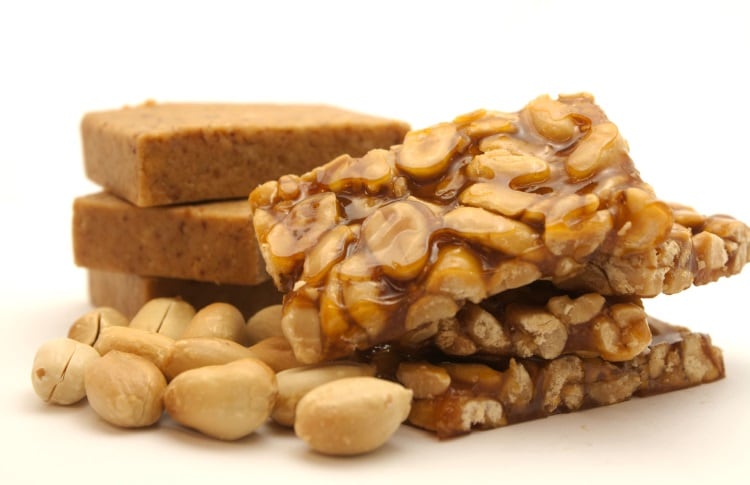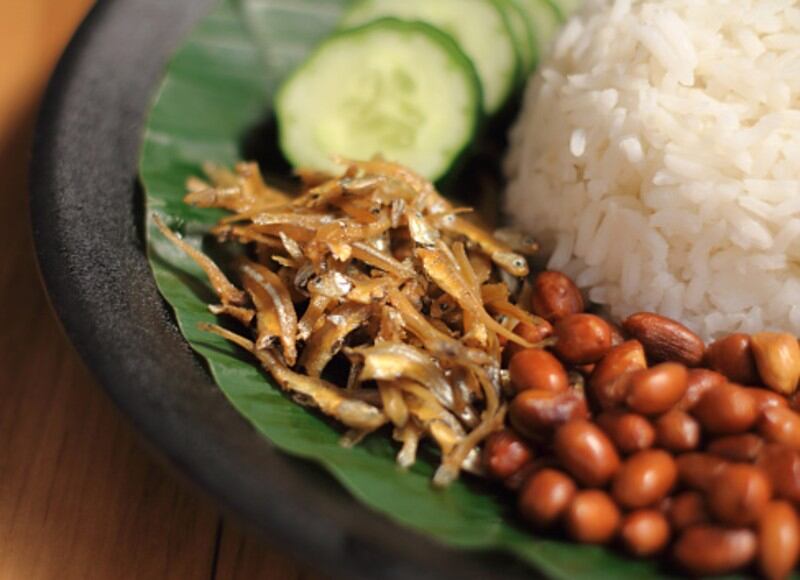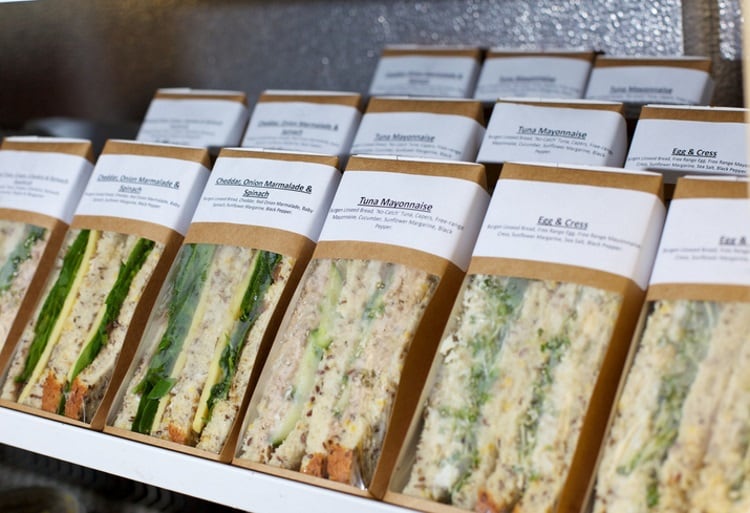An American treatment programme designed for peanut-allergic preschoolers and babies is proving effective at helping children overcome their life-threatening food allergy.
While one in five children with a peanut allergy outgrows the condition before adulthood, Dr Sandra Hong, director of the Cleveland Clinic Food Allergy Centre of Excellence (FACE), said advances in treatment could reverse those numbers, with as many as four in five children leaving their peanut worries behind.
Thanks to the Clinic’s programme, she believes the number of children with severe peanut allergies will soon begin to decline.
“We’re moving toward a cure and a lot less worry for families,” said Dr Hong.
One bite could be deadly
A food allergy is a condition where the body’s immune system identifies a food, like peanuts, as harmful. The immune system then launches into attack mode and releases antibodies to combat the threat. The reaction can lead to hives, vomiting or – in worst case scenarios – constriction of airways and even death.
While data is not available on prevalence worldwide, in the US alone, more than one million children live with a peanut allergy and the knowledge that one bite could be deadly.
“For us to be able to help someone move past that, it’s the most rewarding part of our careers,” said Dr Hong.
That optimism reflects the findings so far from an early peanut oral immunotherapy (EPOIT) treatment programme developed at the top American hospital.
During the programme, children aged four and younger who are allergic to peanuts have built a tolerance to peanuts by ingesting minuscule amounts of the food in a step-by-step, allergist-supervised process. Doses are increased gradually over many months.
Dr Hong said this approach is an 180° reversal from clinical guidelines shared by allergists a decade ago.
As food allergy numbers began spiking in the US in the 1990s, the approach taken by doctors was to recommend that allergenic foods, such as milk, eggs and peanuts, be removed from the diets of children with a high risk of allergies.
That thinking began to change following the mounting research that eliminating specific foods did not slow the development of food allergies.
Then came the ground-breaking Learning Early About Peanut (LEAP) Allergy Study in 2015, which quite literally offered a new horizon in fighting the food allergy epidemic. According to the researchers, the development of peanut allergies decreased in at-risk children with an early introduction of the food.
“It was completely the opposite of what we had believed,” said Dr Hong.
Next steps
According to Dr Hong, the ongoing treatment programme at the Cleveland Clinic aim to refine the treatment process that grew from the LEAP study. More than 50 children with an identified peanut allergy are currently in the programme.
The minimal goal is to help these children achieve at least ‘bite-proof’ tolerance to peanuts, meaning they can consume nearly two peanut kernels without a reaction. That will provide a life-changing – and perhaps even life-saving – protection against an accidental nibble.
Many participants, however, are showing a significant change in their immune system to the point where they can eat a full peanut-based snack. The key is the age of the participants, as reactions to food allergens typically are less severe in early childhood.
“Their immune system is so malleable, so flexible, that they can tolerate it,” said Dr Hong.
“There is this narrow window where we can do this.”
The series of peanut doses given to participants involve tiny amounts – a daily dose of 8mg of peanut protein from the initial treatment cycle. Small increases then follow every two weeks if there are no setbacks.
Dr Hong said the process takes at least four to six months, with maintenance dosing then continuing for at least a year.
Every uptick in peanut butter dosage takes place in an allergist’s office in case there’s a reaction, with the child monitored for at least an hour after each additional dose.
“This is not something you do at home,” stressed Dr Hong.
Of the children in the Cleveland Clinic programme, more than 80% now possess ‘bite-proof’ tolerance or are building up to that level.
Study:
Author: Matthew Greenhawt
Pediatric Clinics, Volume 62, Issue 6, December 2015
doi.org/10.1016/j.pcl.2015.07.010
The Cleveland Clinic – now in its centennial year – is a nonprofit multispecialty academic medical centre that integrates clinical and hospital care with research and education. The clinic’s 6,500-bed facility has pioneered many medical breakthroughs and is consistently revered as one of America’s best hospitals. The clinic boasts a 70,800-strong workforce worldwide, representing 140 medical specialties and subspecialties. In 2020, 8.7 million total outpatient visits, 273,000 hospital admissions and observations, and 217,000 surgical cases came through the hospital’s system.





